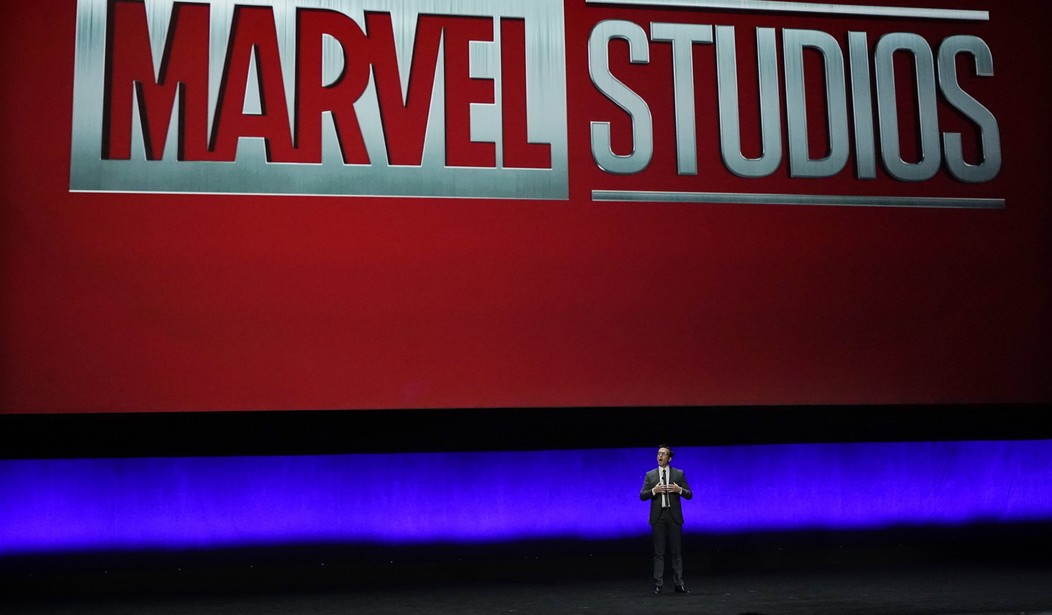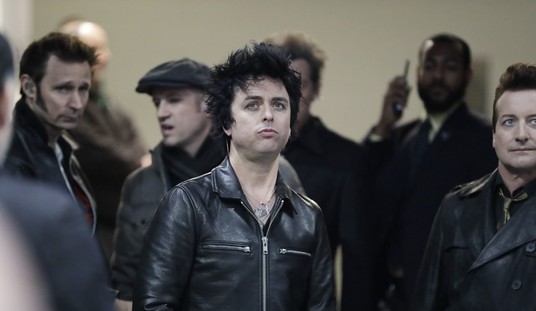It's funny how the idea of a "toxic fandom" didn't really arise in Hollywood in any serious capacity until it started to embrace modern social justice. The first time I ever heard the term was in reference to gamers when the social justice obsessed who worked at various gaming news outlets began denigrating gamers.
But as Hollywood began to slide into radical leftism as a rule, the accusation was thrown at fans of IPs, franchises, and characters that had pre-established fanbases who were rightfully angry about the perversion of the thing they loved.
But the media had their boogie man that they could heap the blame on for their inevitable failures. They didn't have to learn any lessons because the "toxic fandom" was unpleasable to begin with and, moreover, it was really just proof that they needed to make more garbage to push on society so that they could slowly but surely normalize these radical leftist ideals.
The thing is, not very many people outside the access media were buying that line, save for a handful of useful idiots or the gullible. Moreover, many of these people were writing these reviews themselves and/or urging their friends and family not to waste any money on seeing Hollywood's latest attempt to retcon established characters and lore. Audiences disappeared and the only thing left talking about the film were the angry former fans.
In an interview with the Hollywood Reporter, Kumail Nanjiani confessed that he had to go to therapy after the avalanche of bad reviews and angry rants from viewers about Disney/Marvel's "Eternals," a movie in which he starred, became overwhelming:
Kumail Nanjiani opened up about the mental toll of promoting a movie with harsh reviews, saying this week he ended up seeking a counselor after completing the Eternals press circuit in 2021.
“The reviews were bad, and I was too aware of it,” Nanjiani said during an appearance on Inside of You with Michael Rosenbaum. “I was reading every review and checking too much.”
Released in 2021, Chloe Zhao’s Eternals currently holds a 47 percent on Rotten Tomatoes, making it one of Marvel’s worst-reviewed entries in the cinematic universe.
“It was really, really hard because Marvel thought that movie was going to be really, really well reviewed, so they lifted the embargo early and put it in some fancy movie festivals and they sent us on a big global tour to promote the movie right as the embargo lifted,” Nanjiani continued.
But Nanijani doesn't, even for a moment, blame the real reason for the movie's failure on the actual guilty party, the writers. In fact, he attributes it to a "weird soup in the atmosphere":
“I think there was some weird soup in the atmosphere for why that movie got slammed so much, and I think not much of it has to do with the actual quality of the movie,” he continued. “It was really hard, and that was when I thought it was unfair to me and unfair to [my wife] Emily, and I can’t approach my work this way anymore. Some shit has to change, so I started counseling. I still talk to my therapist about that.”
Nanjiani may very well know it was the writers but is refusing to say it, but he has no qualms in focusing on the reaction from angry would-be fans.
What actors, and more importantly studio heads, need to understand is that fan anger isn't the disease, it's a symptom. It's like looking at the fat on your body and angrily pointing your finger at the empty box of Swiss cake rolls instead of your own bad decisions.
The issue isn't the fans, it's the writers. Today, many studios hire writers based on two really bad criteria.
First, do their ideological beliefs fit with the "modern" direction the company is trying to go with? It doesn't matter if they know the material or were a fan of the franchise, character, or IP at all. What matters is their willingness to take the previously established work and make it safe for "modern audiences."
(READ: The Lie of the 'Modern Audience')
Secondly, does the person fit the right identity for being at the head of the project? Do they check the necessary boxes so that when talking about the project, the company can put that person on display and say they're progressive enough to hire someone who looks like they do? Skill and merit aren't a factor at all here. What matters is whether or not the company will look good for hiring this person.
Thus you get bad writers writing bad scripts that even the best actors can't salvage. The movie inevitably fails, the studios and access media point the finger at the audience, and no one learns a damn thing.
And then actors have to go to therapy.
If the actors truly want to avoid the bad press then they should start advocating for better writers, better scripts, and less political influence.
Many won't because they're just as deep into the woke mire as the studios are. In fact, it's dangerous for an actor not to be, but regardless, Hollywood is going to have to start changing itself if it wants to stay relevant...for at least the little time it has left to be relevant.
(READ: The End Is Nigh for Hollywood)














